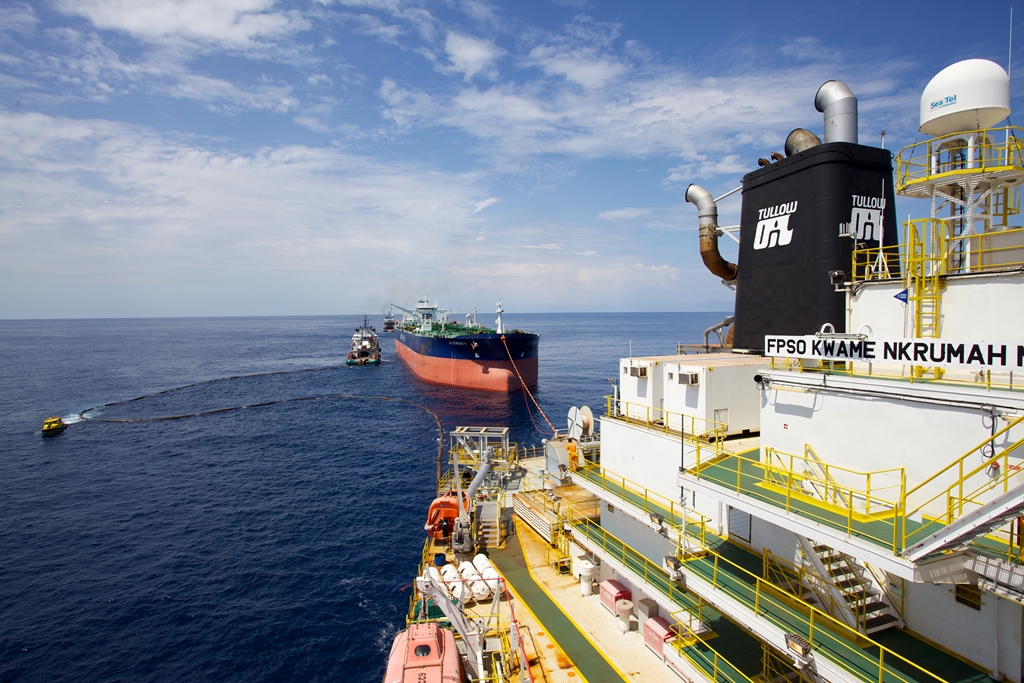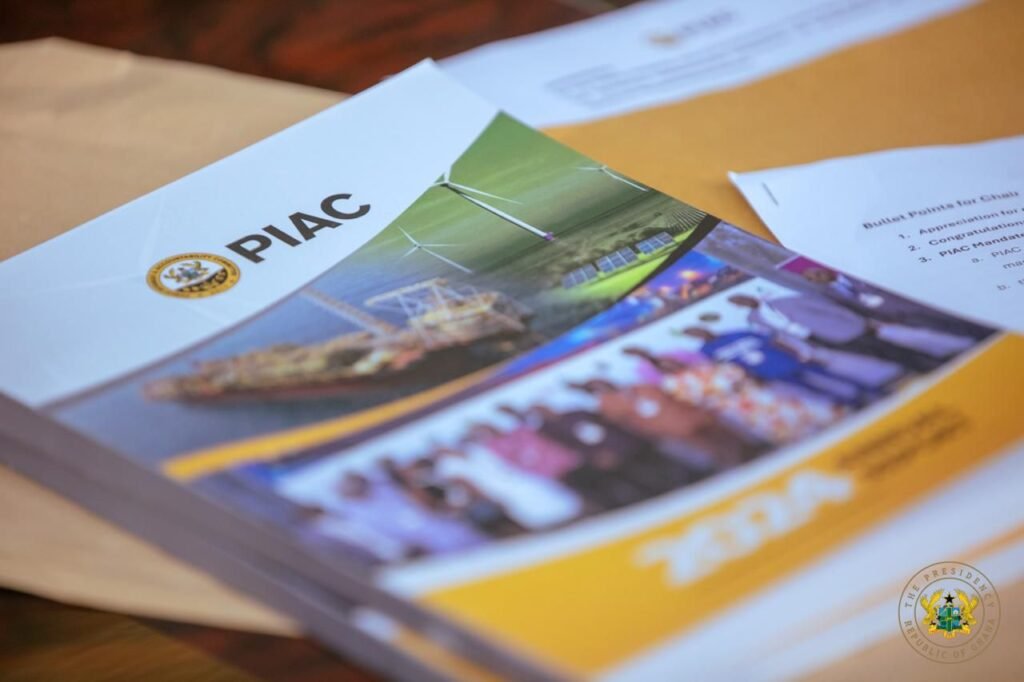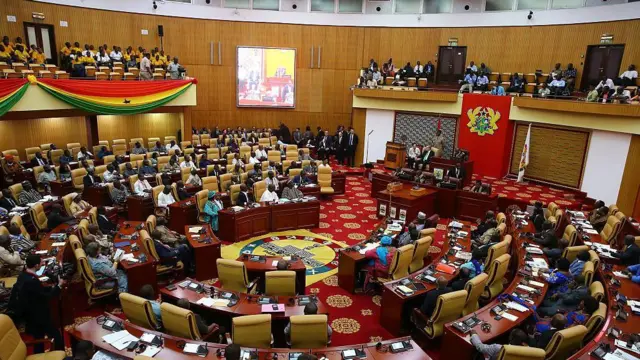The Centre for Environmental Management and Sustainable Energy (CEMSE) has called on the government to urgently restore full budgetary support to the Public Interest and Accountability Committee (PIAC) following concerns that recent cuts could compromise transparency in the management of Ghana’s petroleum revenues.
Speaking to the Vaultz News, Benjamin Nsiah, Executive Director of CEMSE, said the government’s decision to reduce PIAC’s budget for 2025 raises serious questions about its commitment to accountability and oversight in the management of petroleum resources.
“Such huge cuts to PIAC’s budget, which will certainly affect its expenditure and operations suggest a government that may be shielding itself from responsibility, accountability, and transparency.”
Benjamin Nsiah, Executive Director of CEMSE
CEMSE’s appeal comes in the wake of PIAC’s 2025 Semi-Annual Report, which raised alarm over the government’s decision to channel a greater portion of oil revenue into the “Big Push” infrastructure projects.
The Committee cautioned that diverting funds from the Annual Budget Funding Amount (ABFA) to large-scale capital projects risked undermining long-term investment in the petroleum sector — especially at a time when Ghana’s oil production is already showing signs of decline.
The report warned that Ghana’s petroleum reserves and production levels have been falling steadily since 2019, with new investments lagging behind due to global energy transition pressures.
Against this backdrop, the reallocation of funds away from petroleum sector reinvestment could weaken the country’s ability to sustain output and generate future revenue.
Mr. Nsiah explained that PIAC, which was established under the Petroleum Revenue Management Act (PRMA) to monitor the collection, allocation, and utilization of petroleum revenues, has consistently demonstrated independence and diligence in carrying out its mandate.
He emphasized that this oversight is crucial for ensuring that oil revenues deliver tangible benefits for citizens.

“Cutting its funding at this crucial time sends the wrong signal, it could be interpreted as an attempt to weaken institutional oversight over how petroleum funds are being utilized.”
Benjamin Nsiah, Executive Director of CEMSE
According to CEMSE, the government’s push to fund the Big Push agenda, a flagship infrastructure program focused on roads, bridges, and industrial projects must not come at the expense of fiscal transparency.
The organization argued that such large-scale projects require robust monitoring to ensure value for money, which makes PIAC’s role even more vital.
Mr. Nsiah cautioned that PIAC’s budget constraints could limit its capacity to audit ongoing petroleum-funded projects under the ABFA. Many of these projects, he said, remain incomplete, with little public information on their current status.
“This will negatively impact the efficient and transparent implementation of petroleum revenues and infrastructure development.”
Benjamin Nsiah, Executive Director of CEMSE
He warned that weakening PIAC could have broader implications beyond the institution itself, including the risk of abandoned infrastructure projects, reduced public trust, and lower accountability in petroleum revenue spending.
Strong Oversight Mechanisms

The CEMSE Executive Director further underscored that strong oversight mechanisms are critical to maintaining investor confidence in Ghana’s oil and gas sector.
With global capital increasingly flowing toward cleaner energy investments, countries like Ghana must demonstrate prudent and transparent management of their petroleum revenues to remain competitive.
“Transparency is not just about good governance; it is also about attracting investment.
“Investors want to see that petroleum funds are used responsibly, that contracts are transparent, and that institutions like PIAC can operate independently and effectively.”
Benjamin Nsiah, Executive Director of CEMSE
CEMSE therefore urged the government to reconsider its decision and provide the necessary financial resources for PIAC to carry out its constitutional and statutory responsibilities.

The latest PIAC report has reignited debate over Ghana’s petroleum revenue management strategy.
Critics argue that the government’s current focus on infrastructure spending risks neglecting investment in the upstream sector including exploration, field development, and capacity building — which are essential for sustaining future production.
As Ghana pursues the Big Push agenda under limited fiscal space, calls for transparency and accountability are growing louder. For many stakeholders, adequately resourcing PIAC is a test of the government’s commitment to responsible petroleum governance.
If the government heeds the call, it could reinforce Ghana’s image as a model for transparent resource management in Africa.
But if the cuts persist, experts warn that the country risks sliding back into the cycle of weak oversight and mismanagement that has undermined other resource-rich economies.
READ ALSO: BoG’s $1.15bn FX Injection Sparks Clash with IMF and World Bank Over Cedi Stabilization




















